How to help your child deal with digestive problems
All children must have had distressing digestive problems, with parents being only able to provide the child lots of comfort, reassurance and cuddles. Parents can definitely do and not do certain things to help the little prevent stomach bug and recover fast.
It would be right to say that common and extremely contagious digestive problems show up as diarrhea with 3 or more watery stools, vomiting, pale lips and face and stomach pain. Most children with digestive problems can be treated at home by offering sips of water to make sure the child is not dehydrated; you could also offer rehydration fluids that contain a mixture of salts and sugars that would help the child’s body to retain more water.
Consult a general practitioner in case of dehydration that shows up with the child being irritable and drowsy with a dry mouth and urinating lesser than usual. The eyes of the child would look deeper than normal and would be sunken into the head, with the child having heartbeats that are faster than normal. Some children stand at a risk of getting dehydrated more than other.
Children that stand a risk of getting dehydrated are:
• Below 1 year of age, especially below 6 months.
• Babies those are very small at birth.
• Babies who have stopped breastfeeding after the stomach upset/digestive problem
• Babies vomiting more than 3 times or having 6 or more watery stools in 24 hours
• Babies who refuse to drink

It would be best here to take into account the new guidelines that have been produced by the National Institute for Health and Clinical Excellence (NICE), an independent body that advises the government about health care. The guidelines are aimed at parents of children under 5 and have been compiled together by consultants, GPs, nurses, and patient representatives.
The guidelines are:
• Children with digestive problems, with no signs of dehydration should be encouraged to drink a lot of water, but avoid fizzy drinks and fruit juices.
• Consult your GP to recommend rehydration drinks for dehydration; doctors should check on children who have signs of dehydration and suggest drips only in emergency cases. It is also best to continue with breast or formula feeds.
• Medicines for diarrhea are dangerous for children and most children recover on their own; antibiotics should be prescribed by doctors only in confirmed cases of infection like salmonella or amoebic dysentery.
Normal diarrhea in children lasts only for 5 to 7 days and generally stops in 2 weeks, while vomiting lasts for 1 or 2 days and stops by 3 days; consult your doctor only if things get worse or not better.
As a conclusive note digestive problems/stomach upsets that are quite common in childhood can be avoided by regular washing of the hands with soap and warm water and drying them after using the toilet, changing the nappy and handling food. You could prevent the spread of germs by not sending your child to school 48 hours after recovery. Children should avoid using the swimming pool until 2 weeks after a bout of diarrhea; all this goes to dealing and preventing stomach problem/digestive problems in children.
Image Courtesy: Google
Take the next step toward your goals
Share your requirement and find the best care providers in your area
-
Looking for a caretaker’s job? Build your profile and get in touch with families in your vicinity.
-
Discover nannies, babysitters, cooks, housekeepers, pet sitters, and elder care under one roof.
-
Get all the support you need to run a successful care center.
-
Search for appropriate centers near you depending on your needs.
Care Corner Insights: Blog Library
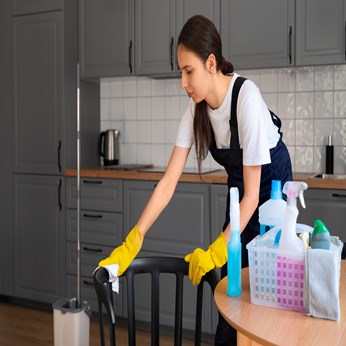
Deep Cleaning Your House: Room-by-Room Checklist for a Thorough Clean
A sparkling clean home isn’t just about looks—it’s about health, comfort, and peace of mind. Whether you’re prepping for a festival, hosting guests, or just tired of the clutter, a deep clean can transform your space. But where do you start? Here’s a

What are Senior Apartments? Experts Explain Independent Living for Older Adults
As we age, our needs and lifestyles evolve—but one thing remains constant: the desire for independence. Senior apartments are designed precisely with this in mind, offering older adults a living arrangement that balances freedom with comfort, safety,
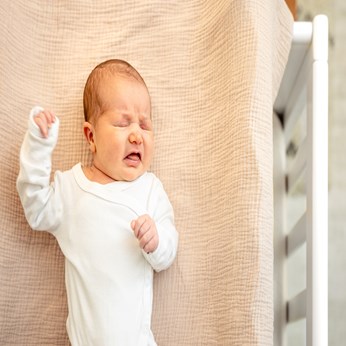
Baby Sleep Problems: What is Sleep Regression and How to Handle It
If you’re a parent, you know that baby sleep is one of the greatest mysteries of life. One day your little one is snoozing like an angel, and the next day they’re suddenly waking up every hour, fussing, or refusing to nap. Before you panic, there’s a
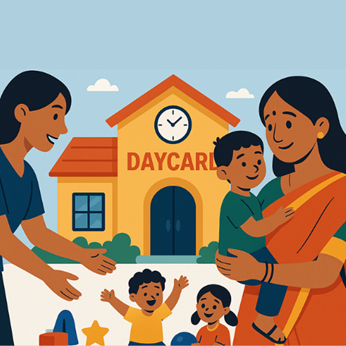
Daycare Admissions in Cary, NC for New NRI Families: Documents, Health Records, and Start Dates
Moving to a new country is exciting but also comes with many responsibilities—especially when it comes to finding the right daycare for your little one. For new NRI (Non-Resident Indian) families settling in Cary, NC, understanding the daycare

Overnight Babysitters in Bellevue, WA for Business-Travelling NRI Parents: Safety & Policies
For many NRI parents living in Bellevue, WA, frequent business trips are a reality. While traveling, one of the biggest concerns is ensuring your children are safe, cared for, and emotionally supported during overnight stays. Overnight babysitters ca

Indian Home-Style Cooks in Queens, NY: Tiffin-Style Weekly Meal Prep from Your Kitchen
Queens, NY, is home to one of the most diverse food cultures in the country, and Indian cuisine holds a special place among families looking for authentic, comforting meals. While restaurant takeout is convenient, nothing compares to the taste and nu
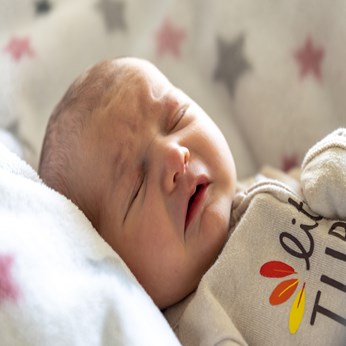
Baby Sleep Problems: What is Sleep Regression and How to Handle It
If you’re a parent, you know that baby sleep is one of the greatest mysteries of life. One day your little one is snoozing like an angel, and the next day they’re suddenly waking up every hour, fussing, or refusing to nap. Before you panic, there’s a
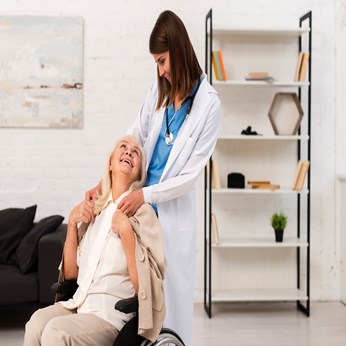
What is Validation Therapy? A New Approach to Dementia Care
Caring for loved ones with dementia is one of the most emotionally challenging journeys a family can face. Traditional methods often focus on correcting memory lapses or redirecting confused thoughts—but that can sometimes lead to frustration, stress
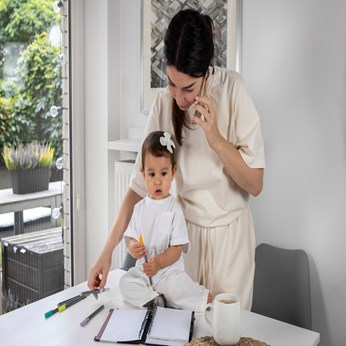
What is a Part-Time Nanny and Do You Need One
Parenting is a beautiful journey, but let’s be honest—it can also be exhausting! Between work deadlines, household chores, and family responsibilities, sometimes there just aren’t enough hours in a day. That’s where part-time nannies step in, offerin

Part-Time Housekeeper Hiring in Alpharetta, GA: Weekly Schedules, Pricing, and Must-Do Tasks
Keeping a home spotless while balancing work, family, and personal commitments can be overwhelming. For families and professionals in Alpharetta, GA, hiring a part-time housekeeper is one of the most practical solutions. Whether you need help once a